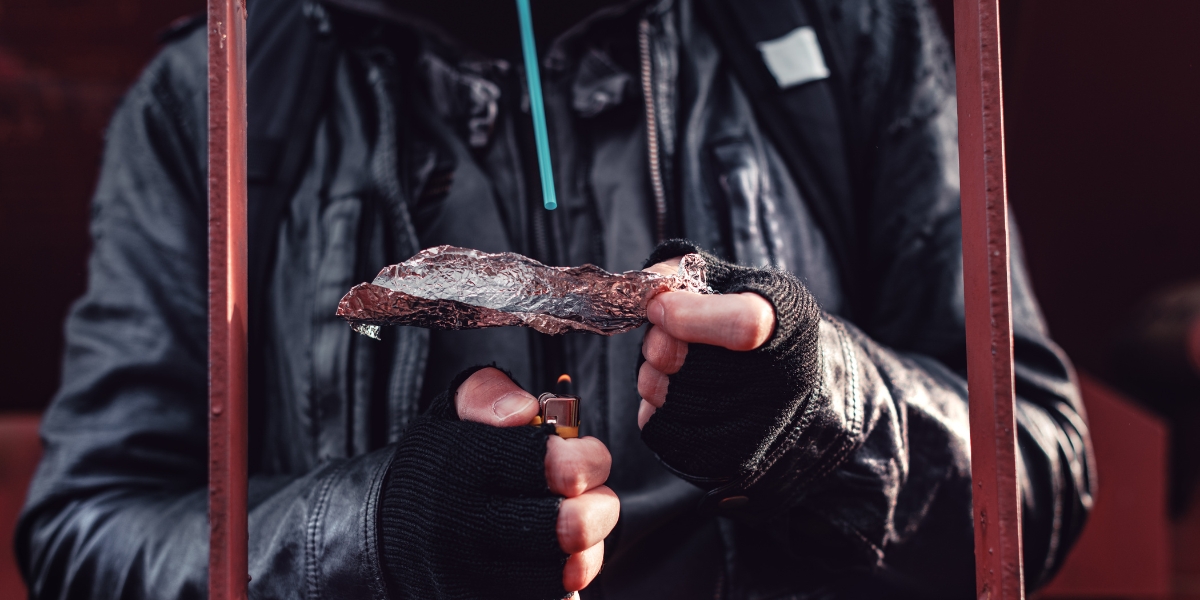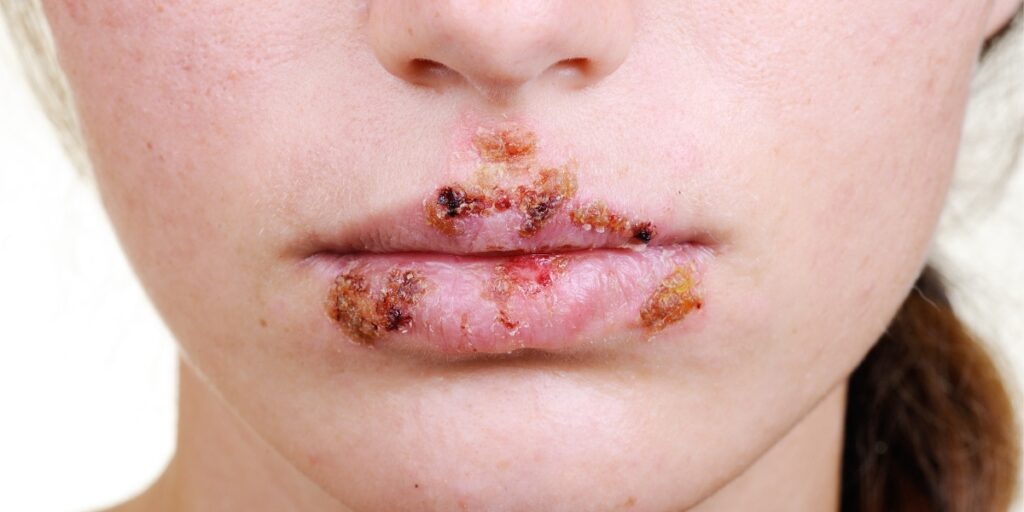Crack Cocaine Effects: Long-Term and Short Term

Some of the most instantly recognizable effects of crack cocaine are the result of long-term, severe addiction. Due to misinformation and misguided public awareness campaigns, many people are unaware of the early signs and symptoms of crack cocaine and its effects.
Many crack users started as cocaine users who could not continue to afford it and needed a more potent drug because of increased tolerance. While crack is similar to cocaine, it causes people to feel almost immediate and overwhelming euphoric effects. The first high from taking crack cocaine can lead to people becoming almost instantly addicted and obsessed with chasing that high.
Unfortunately, highly addictive drugs like crack cocaine lead to escalating patterns of abuse and addiction that can quickly result in long-term health problems, mental health issues, permanently damaged relationships, and legal trouble. The effects of crack addiction are hard to hide, but crack users will still try. Learning the signs of abuse and addiction can be essential in realizing how important it is to find timely and effective treatment.
What Is Crack Cocaine?
Crack cocaine, crack for short, is a highly addictive, illegal stimulant drug. Crack comes from mixing powdered cocaine with another substance, typically baking soda or ammonia, and water, then cooking it down until it forms a hard, off-white or gray, smokable rock. The nickname “crack” comes from the crackling sound it makes when heated up. Smoking crack out of a pipe, improvised tube, or off foil, also called freebasing, is the most popular way to ingest crack, but it can also be snorted or injected.
In the United States, crack cocaine is a schedule II controlled substance known as crack rock, rock, freebase, and hard rock. Crack falls into the schedule II category because it is nearly identical to cocaine, a schedule II drug with minimal medical uses.
The main difference between crack and cocaine is that crack is far more addictive, primarily due to how people ingest it. According to the National Institute on Drug Abuse (NIDA), the effects of smoking crack cocaine last between 5 to 10 minutes, as opposed to snorting powdered cocaine, which takes more time to take effect and lasts from 15 to 30 minutes. Smoking the crack form of cocaine allows it to reach the brain exceptionally quickly, with potent effects attributed to how fast crack cocaine addiction takes hold in people.
The Effects of Crack Cocaine
The effects of crack cocaine are quick, intense, and addictive. Each hit produces almost immediate results that are short-lived, causing users to take repeated doses to maintain their high.
The effects of crack cocaine include:
- Rush of euphoria
- Talkativeness
- Burst of energy
- High blood pressure
- Increased heart rate
- Dilated pupils
- Reduced appetite
- Agitation
- Restlessness
- Reduced inhibitions
- Increased sex drive
Some of the effects of crack cocaine also mimic the signs of cocaine abuse, especially if it is a potent batch. Crack users frequently mix stimulant drugs to extend or enhance their high, which can lead to unforeseen side effects.
Short-Term Effects
The initial effects of crack wear off in under 20 minutes; however, crack cocaine stays in the system longer, causing short-term effects even after the high starts to fade. Studies show that most crack users frequently abuse other drugs and alcohol alongside crack, which can lead to heightened and dangerous side effects.
Short-term side effects of crack include:
- Nausea
- Vomiting
- Headache
- Coughing
- Increased body temperature
- Paranoia
- Anxiety
- Diarrhea
- Itchy skin
- Dizziness
- Twitching
- Erratic behavior
- Intense cravings for more crack
- Sore throat
- Runny nose
- Bloodshot eyes
- Burns around the mouth and fingers
- Violent outbursts
- Jaw clenching
- Teeth grinding
- Skin picking
- Insomnia
The short-term effects of crack will vary based on the potency of each batch and how long each user’s binge lasts. Even with first-time crack use, there is always a risk of unforeseen complications, including overdose and sudden death.

Long-Term Side Effects
Crack can cause long-term side effects and permanent damage in a short amount of time. Chronic crack users quickly develop tolerance and need higher doses more frequently to feel the same effects.
Long-term effects of crack include:
- Migraines
- Depression
- Anxiety
- Cocaine-induced psychosis
- Narrow and hardened blood vessels
- Heart damage
- Soft tissue damage in the nose, mouth, and throat
- Loss of a sense of smell
- Ulcers
- Crack lung
- Chronic respiratory problems
- Weightloss
- Malnutrition
- Dental decay
- Inability to feel pleasure
- Nerve damage
- Cognitive decline
- Sexual dysfunction
- Decaying bowels
- Loss of motor control
- Memory loss
- Hallucinations
- Open sores in and around the eye
- Slow healing wounds
- Increased risk of stroke
- Increased risk of heart attack
- Urges to self-harm
- Suicidal or violent intrusive thoughts
- Lack of impulse control
- Seizures
- Withdrawal
Long-term crack cocaine use puts crack users at risk of contracting contagious diseases like HIV and hepatitis from sharing drug paraphernalia and risky sexual behaviors. Furthermore, because crack constricts blood vessels, any injury, specifically open sores, heal very slowly and are susceptible to severe infections.
In addition to the devastating health consequences, crack cocaine can lead to numerous social, financial, and legal repercussions.

Addiction Treatment for Crack Cocaine in Northridge, California
Crack cocaine addiction can make people feel isolated, hopeless, and reluctant to seek addiction treatment, causing them to perpetuate the cycle of abuse. However, evidence-based, effective treatment is not only available but more accessible than people realize.
At Northridge Addiction Treatment Center, we offer onsite medical detox to get you through withdrawal safely with around-the-clock medical care and support. Our residential treatment center has a superior staff-to-resident ratio to ensure each person gets the individual attention and guidance they need.
Once you’ve conquered medically supervised detox, we work closely with you to uncover the roots of your addiction and find the best approaches to help you learn healthy skills and self-reliance to achieve long-term recovery.
Contact us to discuss your treatment options. Your health insurance benefits may cover the entire cost of treatment. The best time to start on the path to recovery is right now.
Find Meaningful Recovery
Our caring and compassionate specialists are eager to help you comfortably navigate this journey to recovery. Our individualized treatment plan, programs, and therapies may be a perfect match for you or your loved one. Let us assist you in living the happy life you deserve. It starts with a phone call.




